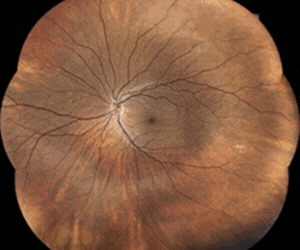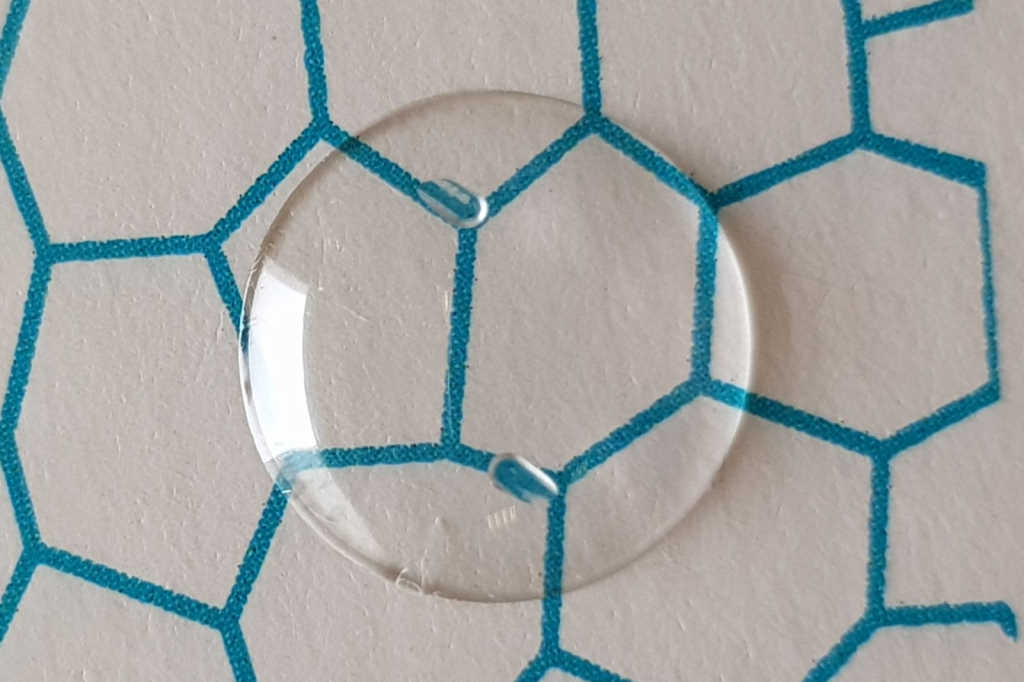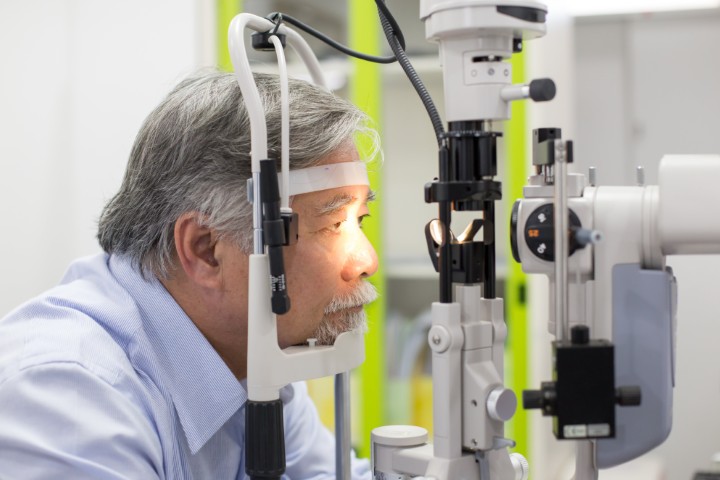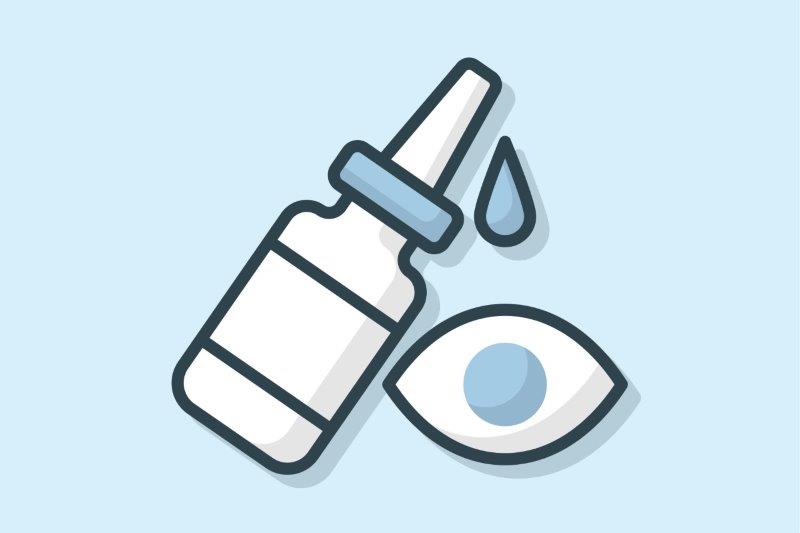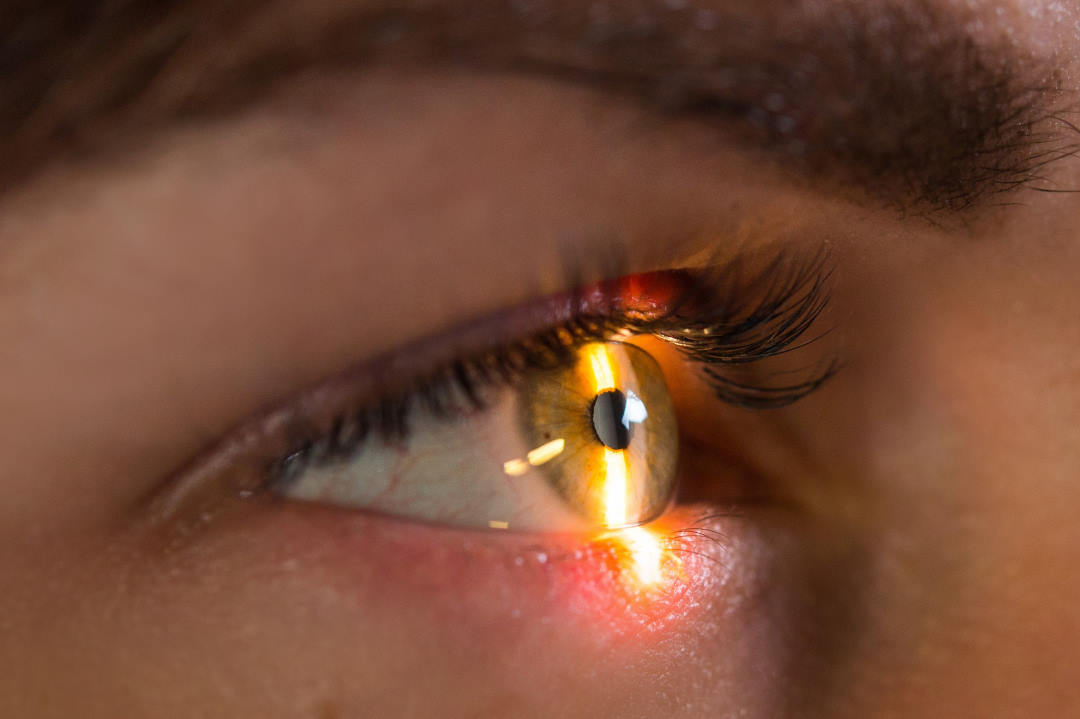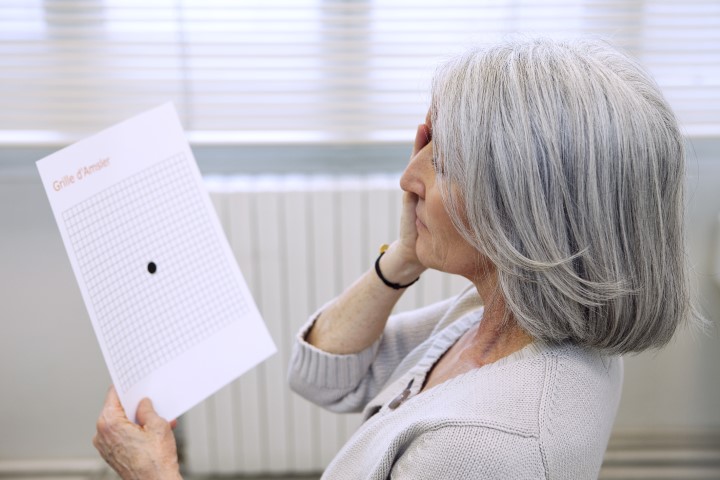Synthetic cornea gets EU approval
Israeli start-up EyeYon Medical has received the European Union’s Conformitè Europëenne (CE) mark for its synthetic cornea, EndoArt, after clinical trials demonstrated its safety and efficacy for treating chronic corneal oedema.
The current standard of care for chronic corneal oedema requires transplantation of human tissue, but the EndoArt implant requires minimally invasive surgery. It is also the only ophthalmic device to receive both China’s ‘innovative device’ status and the US Food and Drug Administration’s ‘breakthrough device’ designation.
“Our trials have demonstrated decrease in corneal thickness in all patients; in patients with visual potential there has been an improvement in visual acuity, with no evidence of detrimental metabolic effect in the recipient cornea,” said clinical trial lead, Dr Ruth Lapid-Gortzak from the Amsterdam University Medical Center.
“EndoArt has clear benefits as no tissue or tissue bank is needed and no tissue rejection issues or transmission of infections can occur. We are very excited about its addition to the arsenal of corneal surgery.”
According to a study led by Dr Philippe Gain, Centre Hospitalier Universitaire de Saint-Étienne, worldwide, worldwide there were 12.7 million people awaiting corneal transplant in 2016.
“This important approval enables us to work closely with healthcare providers across Europe to help patients who suffer from corneal oedema regain their sight and quality of life with a simple, accessible and cutting-edge solution,” said Nahum Ferera, co-founder and CEO of EyeYon.






